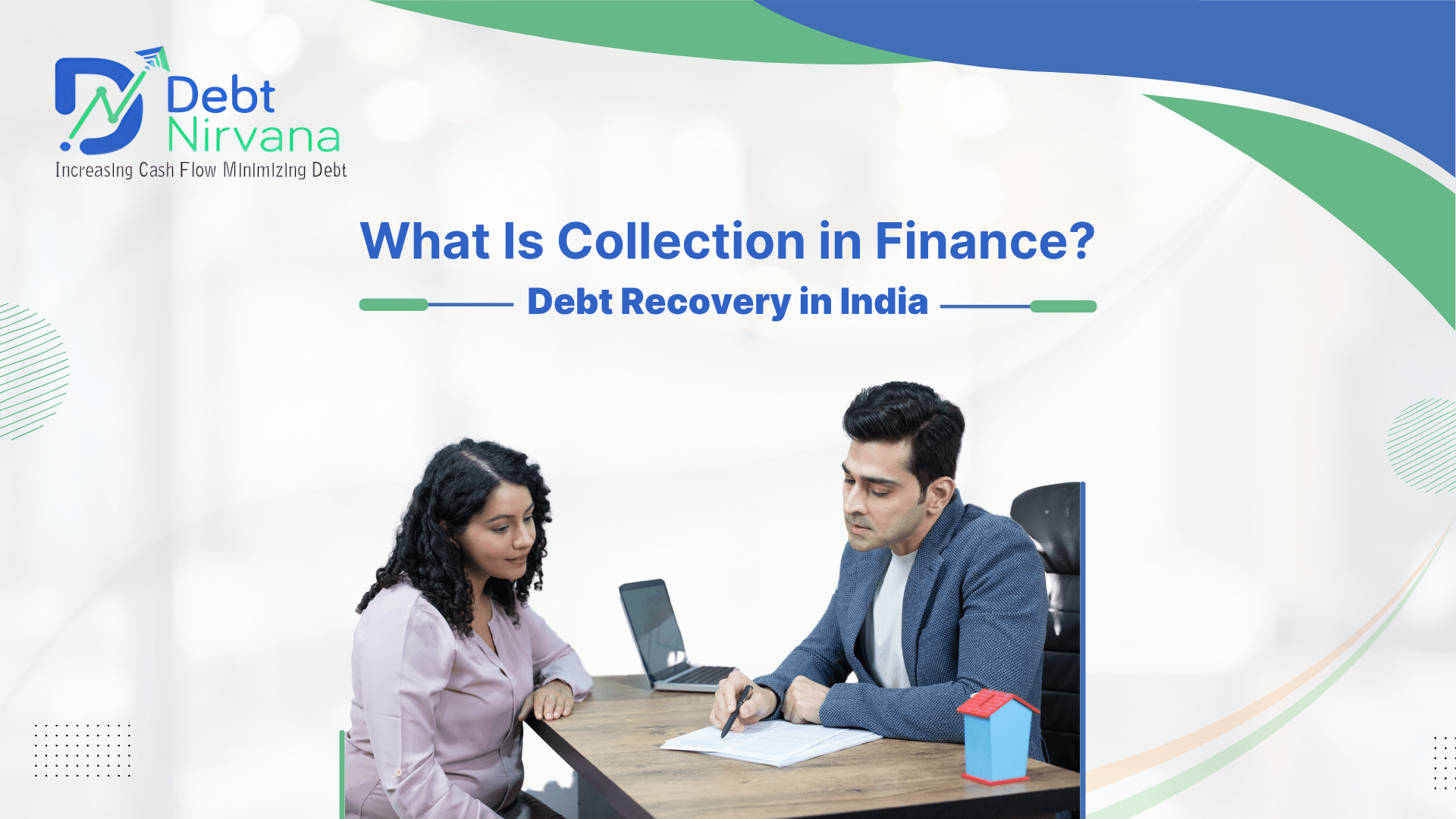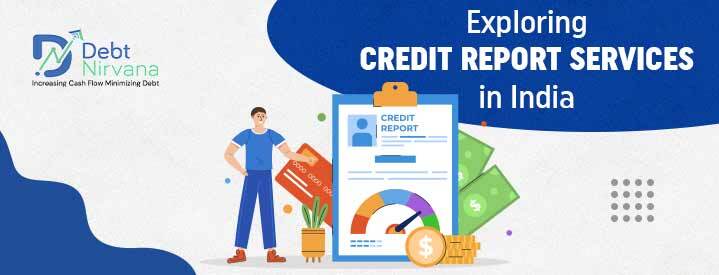
The Link Between Debt Collection Services in India and the Country’s Credit Economy
In a dynamic economy like India, the relationship between debt collection services and the overall credit economy plays a crucial role in shaping financial landscapes.
Debt collection services in India have emerged as a pivotal player in maintaining the health of the credit ecosystem. With the nation’s growing reliance on credit, understanding the connection between debt collection services and the credit economy is essential. This article from RM Debt Nirvana Consulting Pvt. Ltd delves into the intricate web that binds these two aspects together, exploring their impact on businesses, consumers, and the nation’s economic growth.
Debt Collection Services: An Overview
Debt collection services in India are specialized agencies tasked with recovering unpaid debts on behalf of creditors. These creditors can range from banks and financial institutions to retail businesses and service providers. When individuals or businesses default on their loans, credit card payments, or other debts, it not only affects the creditors’ financial health but also has wider implications for the credit economy.
In a country as diverse as India, the debt collection landscape is multifaceted. It encompasses a mix of regulatory frameworks, cultural sensitivities, and economic disparities. These services operate within the legal framework outlined by the Reserve Bank of India (RBI) and other relevant bodies, ensuring fair and ethical debt recovery practices.
The Crucial Role in the Credit Economy
The intricate link between debt collection services in India and the credit economy is undeniable. Here are some key aspects that highlight their interdependence:
Risk Mitigation and Lending Confidence: For lenders, the ability to recover borrowed funds is a pivotal factor in determining their willingness to lend. Debt collection services act as a safety net, reassuring lenders that even in the event of defaults, there are mechanisms in place to recover the funds. This increased confidence encourages lending, which is the lifeblood of a credit economy.
Maintaining Credit Flow: A well-functioning credit economy relies on a consistent flow of credit. When borrowers default, it can disrupt this flow, leading to a credit crunch. Debt collection services help in minimizing such disruptions by ensuring that defaults are addressed promptly, enabling the credit cycle to continue without unnecessary bottlenecks.
Economic Recovery and Growth: Effective debt recovery directly contributes to economic growth. When creditors can recover debts, they have more capital to lend, invest, and expand their operations. This, in turn, stimulates economic activity and job creation, driving the country’s overall development.
Challenges and Opportunities
The debt collection landscape in India is not without its challenges. Cultural nuances, varying regional attitudes towards debt, and the sheer diversity of the country’s population all add layers of complexity to debt recovery. The use of technology and data analytics has, however, opened up new avenues for more efficient and effective debt collection.
Technological Integration: Debt collection services are increasingly harnessing the power of technology to streamline their processes. Automated communication, predictive analytics, and digital payment gateways have transformed the way debt collection is carried out. This integration not only improves the efficiency of debt recovery but also enhances the borrower’s experience by providing multiple payment options and personalized communication.
Data-Driven Decision-Making: Big data and analytics have revolutionized the debt collection landscape. These tools help agencies assess a debtor’s creditworthiness more accurately, enabling them to tailor their approaches to individual cases. This not only increases the chances of successful recovery but also ensures that borrowers are treated fairly based on their financial circumstances.
The Human Aspect of Debt Collection
While technology is pivotal, debt collection services in India must also navigate the human aspect of debt recovery. Striking a balance between effective recovery and maintaining a positive customer relationship is crucial. Empathy and understanding can go a long way in negotiating repayment terms and building goodwill.
Ethical Practices: The RBI has laid out guidelines to ensure that debt collection agencies operate ethically and fairly. Harassment or intimidation of debtors is strictly prohibited. Instead, agencies are encouraged to adopt a more consultative approach, working with debtors to find viable solutions and repayment plans.
Financial Literacy: Promoting financial literacy is a proactive way to address default issues at their root. By educating borrowers about responsible borrowing, budgeting, and debt management, debt collection services can contribute to reducing the overall default rate in the country.
Conclusion
The symbiotic relationship between debt collection services in India and the credit economy is a cornerstone of the nation’s financial stability and growth. These services not only safeguard lenders’ interests but also contribute to maintaining a steady flow of credit, driving economic activity, and promoting responsible borrowing. As technology continues to evolve and awareness of financial literacy spreads, the debt collection landscape in India is poised for positive transformation. By striking a balance between technological innovation and human-centric practices, debt collection services can continue to strengthen the link with the country’s credit economy, fostering a prosperous financial future for all. Visit our website, RM Debt Nirvana Consulting Pvt. Ltd and explore our debt collection services.




